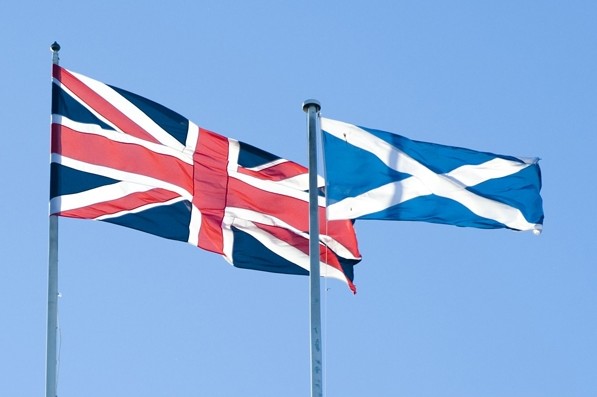The citizenship ceremony is the last step to becoming a Canadian citizen. It is the stage at which immigrants take the Oath of Citizenship and receive their citizenship certificate. Recently in the news, however, there have been issues regarding the necessity for immigrants to pledge their allegiance to the Queen; thus, challenging the symbols, culture, and identity of Canada both nationally and internationally.
Three permanent Canadian residents are disputing the requirement, stating that it is an affront to their beliefs. Peter Rosenthal, their lawyer, is arguing that the obligation violates his clients’ rights to freedom of expression and religion, and that it discriminates against individuals of other national origins. Specifically because people who are born within Canada or abroad to Canadian parents are not required to pledge allegiance as they become automatic citizens. They state in their Appeal Court filing, “the oath requirement imposes a coercive burden on the appellants to express meaning and content to which they are fundamentally opposed.”
The Oath of Citizenship requires that those who seek to become a citizen pledge: “I swear (or affirm) that I will be faithful and bear true allegiance to Her Majesty Queen Elizabeth the Second, Queen of Canada, Her Heirs and Successors, and that I will faithfully observe the laws of Canada and fulfill my duties as a Canadian citizen.” Due to this statement, the applicants believe that as immigrants, they should pledge their allegiance to Canada itself.
Historically, Canada’s relationship to the Crown stems from its evolution from colony, to dominion, to a sovereign nation. When the Constitution Act, 1867 was signed, it was already agreed upon by the Fathers of Confederation that Canada should remain a constitutional monarchy. Today, the Parliament of Canada consists of The Queen, the Senate and the House of Commons, with the Crown serving as the head of state. By constitutional law the Governor General, the Crown’s representative, has extensive powers. However, by constitutional convention that power is enacted by other political actors such as the Prime Minister and Cabinet.
In September, Ontario Superior Court Justice Edward Morgan ruled that the oath requirement is constitutional. In his ruling, he indicated that the Oath is a misinterpretation of the practice. The pledge he says represents a “domestic institution that represents egalitarian governance and the rule of law.”
The issue, however, goes beyond the expression of constitutional rights. It also addresses Canada’s identity and the way that the nation presents itself both nationally and internationally. The Crown has come to be an important symbol for Canada. A Government of Canada web page states that, “Her Majesty unites Canadians, gives a collective sense of belonging to our country and anchors our sense of national identity and pride.”
Still, many view the government as engaging in a process that uses historical details or materials to define Canadian citizenship. An example includes the Discover Canada publication, which is used by newcomers to study for the citizenship test and emphasizes Canada’s Royal connection. Such symbolic politics is problematic, Elke Winter’s points out in her article for the Institute for Research on Public Policy. She states that, “they remind us of the period before the introduction of the federal multiculturalism policy — one that was characterized by conformity to Anglophone norms and ‘speak white’ ideology.”
Canada prides itself on its multicultural identity, an identity that is exported to the international world. Yet, multiculturalism is a relatively new policy that does not reflect Canada’s history. Janie Brodie writes in “Three stories of Canadian Citizenship,” that until the 1960s immigration legislation was designed to preserve Canada’s colonial identity as a white settler. Not until the 70s was the Citizenship Act revised to remove the preferential treatment of British subjects.
Overall, the Citizenship Oath can be interpreted as a pledge to the principles that define our political foundations. However, we still need to consider the implications associated with embedding history with our national identity, and how this impacts Canada’s perception as a multi-cultural and inclusive nation. The Crown does indeed serve an important figure in Canadian politics, however, should newcomers not pledge their allegiance to Canada – the True North strong and free, rather than a symbolic figurehead that in the history of immigration policy has represented racial discrimination? Former Citizenship Minister, Sergio Marchi who served Jean Chrétien between 1993 -1995, believes so and stated, “I was very much of the belief that while we’re a constitutional monarchy, we should be swearing an oath of allegiance to Canada.”





